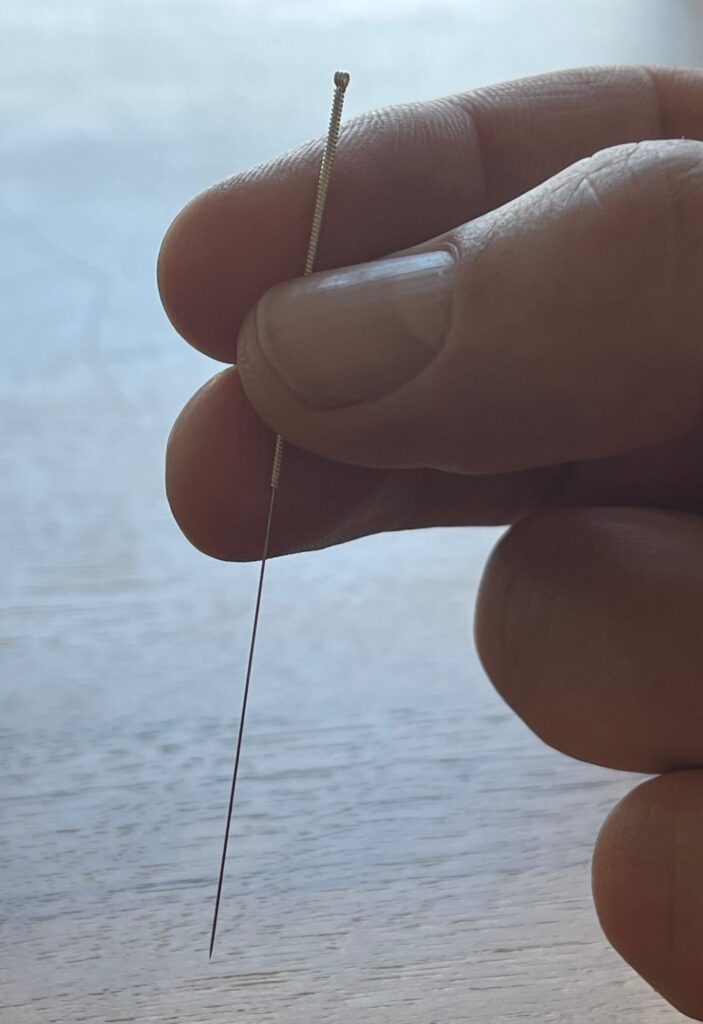Holistic Medicine and Acupuncture: A Comprehensive Guide to Ancient Healing Practices

For centuries, traditional healing methods have offered a holistic approach to health and well-being, contrasting with the often fragmented nature of conventional medicine. Among these ancient practices, acupuncture stands out as a powerful and increasingly popular modality. This article delves into the world of holistic medicine, focusing specifically on acupuncture, exploring its principles, benefits, and considerations. We'll examine how this time-tested therapy integrates into a broader holistic approach to health and wellness.
Understanding Holistic Medicine
Holistic medicine views the human body as an interconnected system, rather than a collection of individual parts. It emphasizes the interconnectedness of mind, body, and spirit in achieving optimal health. This approach moves beyond treating symptoms to address the underlying causes of illness, considering lifestyle factors, emotional well-being, and environmental influences. It aims to empower individuals to take an active role in their health journey, focusing on prevention and overall well-being rather than simply reacting to disease.
Acupuncture: A Cornerstone of Holistic Medicine
Acupuncture, a key component of Traditional Chinese Medicine (TCM), involves inserting thin needles into specific points on the body. These points, known as acupoints, lie along meridians, or energy pathways, believed to run throughout the body. By stimulating these points, acupuncture aims to regulate the flow of Qi (vital energy), promoting balance and harmony within the system. This balance, according to TCM principles, is crucial for maintaining health and facilitating healing.
The Mechanisms Behind Acupuncture's Effectiveness
While the precise mechanisms behind acupuncture's efficacy are still being researched, several theories exist. One prominent theory suggests that acupuncture stimulates the release of endorphins, the body's natural painkillers. This explains its effectiveness in pain management. Other proposed mechanisms include the modulation of the nervous system, the release of neurotransmitters, and the impact on the body's immune response. The cumulative effect of these mechanisms contributes to the broad range of conditions acupuncture can address.
Benefits of Acupuncture
The potential benefits of acupuncture are extensive and cover a wide spectrum of health concerns. Many studies have shown its effectiveness in:
- Pain Management: Acupuncture has demonstrated efficacy in managing various types of pain, including chronic back pain, neck pain, headaches (including migraines), and osteoarthritis pain.
- Stress Reduction: The relaxing nature of acupuncture sessions, coupled with its ability to regulate the nervous system, can contribute to stress reduction and improved mental well-being.
- Improved Sleep: Acupuncture can help regulate sleep patterns, promoting better sleep quality and addressing insomnia.
- Nausea and Vomiting: Acupuncture has proven effective in managing nausea and vomiting associated with pregnancy, chemotherapy, and surgery.
- Infertility Treatment: Some studies suggest that acupuncture may improve fertility outcomes in both men and women.
- Addiction Treatment: Acupuncture is sometimes used as a complementary therapy to support addiction recovery.
Finding a Qualified Acupuncturist
When seeking acupuncture treatment, it's crucial to choose a qualified and licensed practitioner. Look for practitioners who are certified by reputable organizations and have experience treating the specific condition you are addressing. A thorough consultation with the acupuncturist is essential to discuss your health history, symptoms, and treatment goals.
Integrating Acupuncture into a Holistic Lifestyle
While acupuncture can be a powerful tool, it's most effective when integrated into a broader holistic lifestyle. This involves adopting healthy habits such as:
- Nourishing Diet: A balanced diet rich in fruits, vegetables, and whole grains provides the body with the necessary nutrients for optimal function.
- Regular Exercise: Physical activity promotes circulation, reduces stress, and boosts overall well-being.
- Stress Management Techniques: Practicing stress-reduction techniques such as meditation, yoga, or deep breathing can enhance the effectiveness of acupuncture.
- Adequate Sleep: Prioritizing sufficient sleep allows the body to repair and rejuvenate itself.
Conclusion
Holistic medicine, with acupuncture at its forefront, offers a powerful approach to achieving optimal health and well-being. By addressing the root causes of illness and considering the interconnectedness of mind, body, and spirit, this ancient healing practice provides a valuable complement to conventional medicine. While research continues to unravel the complexities of acupuncture's mechanisms, its widespread use and demonstrated benefits solidify its place as a significant modality in the pursuit of a healthier and more balanced life. Remember to consult with your healthcare provider before starting any new treatment, including acupuncture, to ensure it's appropriate for your individual needs and health conditions.

Disclaimer: This article has been compiled from various sources.